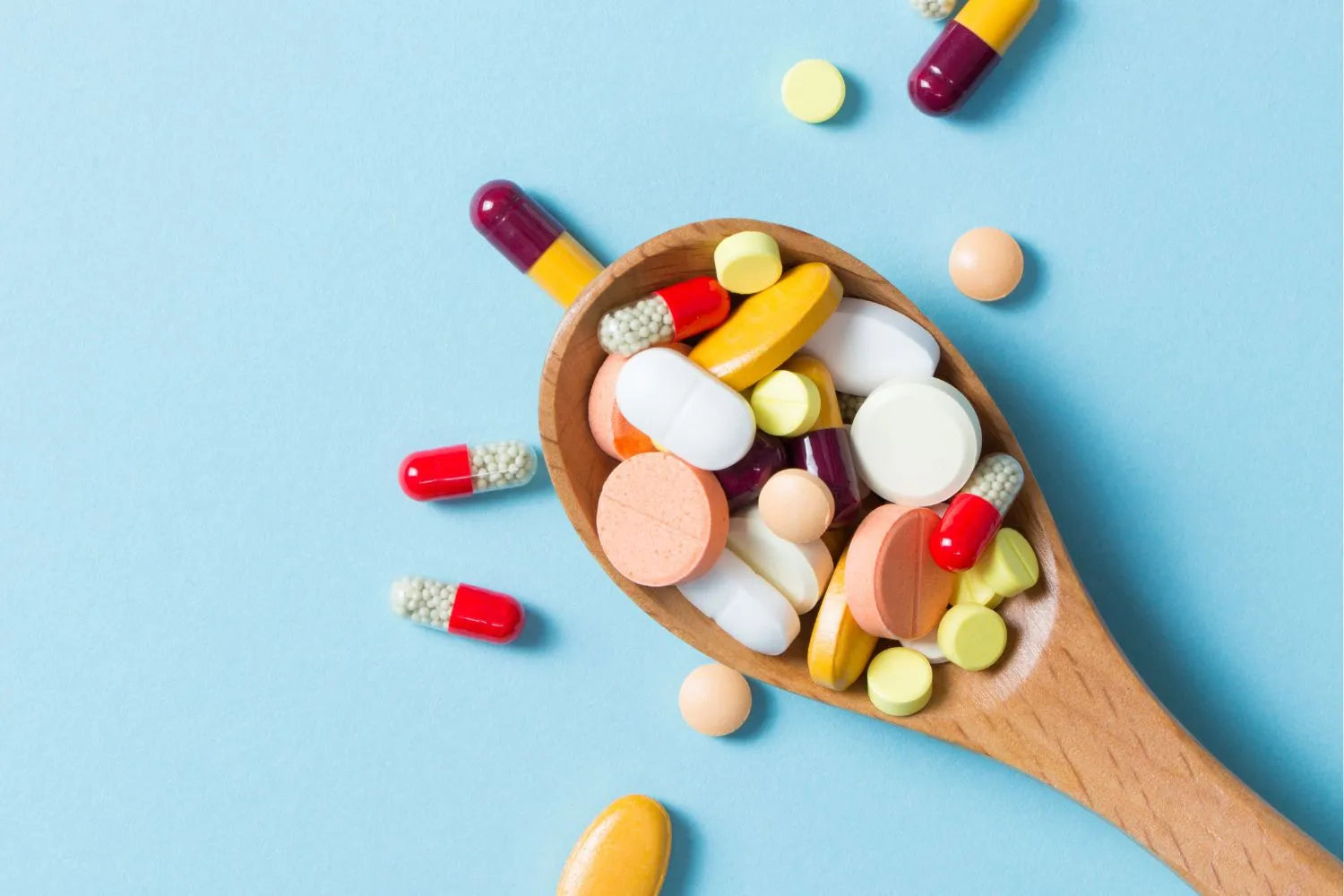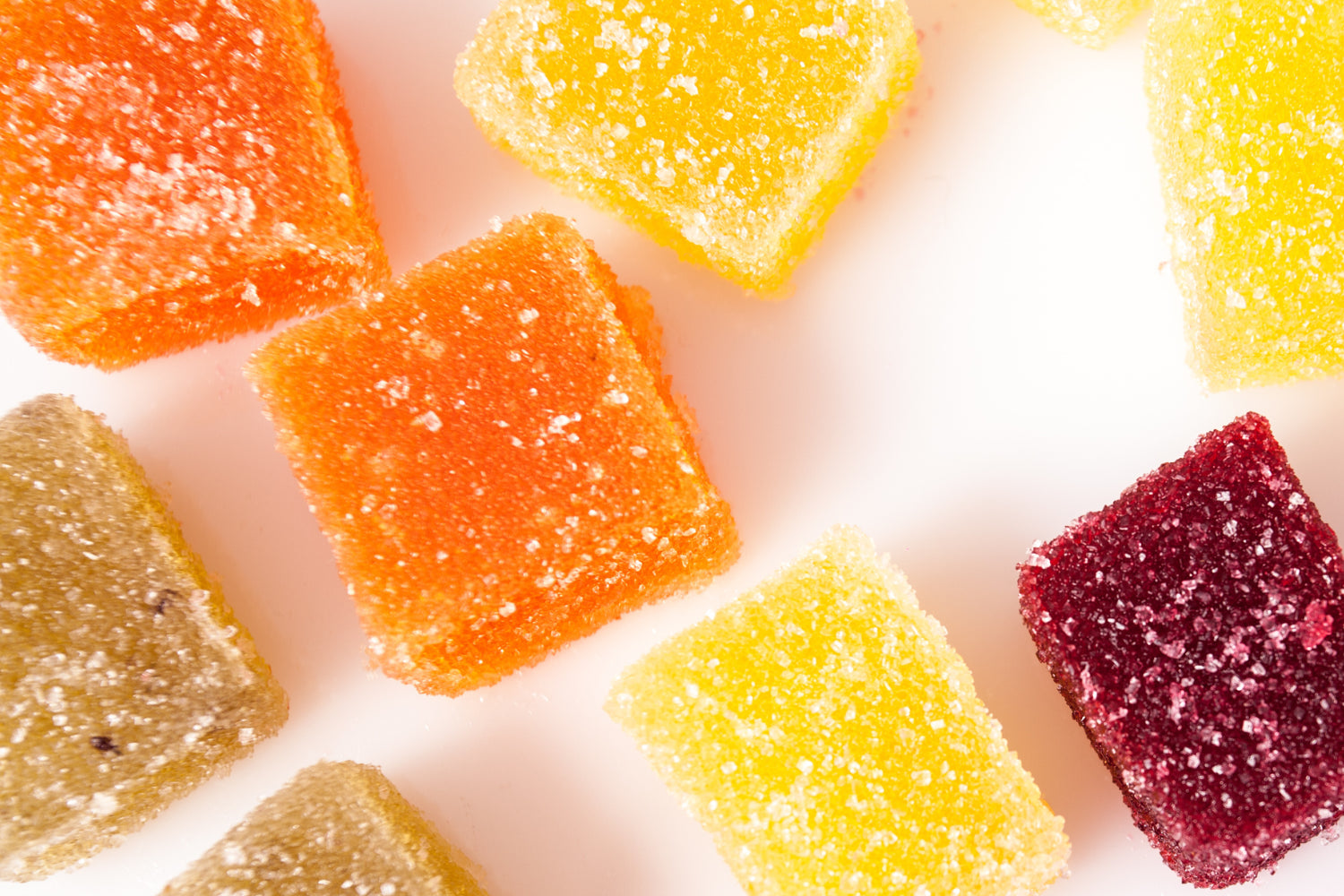Formulating nutritional supplements and other ingestible substances into products that are easy for users to take is a common goal. Less common, though, is a full grasp of the types of products you can use to accomplish this goal: Capsules, tablets, and softgels all have unique qualities, separating them from each other and making each option desirable on a situational basis.
In this guide, you’ll receive a brief introduction to each of these three types of supplement formulations — what they are, what types there are, and why you should choose them. By the end, you’ll have a clearer idea of whether capsules, tablets, or softgels are better for your product development plans.
Capsules vs. Tablets vs. Softgels: Which Is Better?
If it was easy to say whether capsules, tablets, or softgels are always better, a guide such as this would be unnecessary. We’ll cover all the details as we go on, but in a nutshell, each type of supplement formulation is ideal for different circumstances.
Supplement formulations containing aqueous (water-based) liquids can only be included in softgels. For instance — capsules would melt, and tablets would never cohere. Powders, however, can be contained in either capsules or tablets — but only tablets can be chewable, and capsules must be swallowed.
You’ll start to understand these nuances better as we continue. Next, we’ll compare and contrast tablets, capsules, and softgels by going into detail about the individual attributes of each.
What Are Capsules?
Capsules used in the supplement industry consist of a hard shell, often made from gelatin, that contains an oil or powder-based supplement formulation. They usually consist of two interlocking halves, one slightly smaller in diameter than the other, to allow a flush connection. Capsules benefit from the wide range of substances they can contain, but they can be difficult for users to swallow.
Why Choose Capsules?
For certain types of supplement formulations, capsules are the only viable option. In other cases, you may choose capsules over other options if you do not desire that your supplements to be chewable or stick to each other in the bottle. Capsules are also often the least expensive type of supplement formulation, but exceptions sometimes apply.
Types of Capsules
Supplement capsules are usually made from one of three ingredients:
Gelatin
This is the most common substance used to make both hard and soft-shell capsules. Originally made with bovine or porcine skin, gelatin is usually derived from plants nowadays, no longer posing any issue to vegan users. A natural component of many common foods, the body processes gelatin easily, and high-quality gelatin can be made with no toxins or contaminants whatsoever.
Hydroxypropyl Methylcellulose (HPMC)
HMPC is a fully synthetic substance that is nonetheless believed to be safe when used as a capsule base for vitamins and other supplements. Due to its lab origins, however, HPMC is not as sustainable as collagen, and the science of its safety is hardly conclusive. The main reason HPMC is used in supplements is its lower price.
Pullulan
Pullulan is a refined extract of corn starch or sugar that can be used to make supplement capsules. This substance does not appear to be toxic, and it is like gelatin in that it benefits from being an all-natural as opposed to a synthetic ingredient.
Pros
- Inexpensive
- Can contain any liquid supplements
- Can be made with all-natural ingredients
- Longer shelf life
Cons
- Swallowing pills can be difficult for some
- Some capsule ingredients may not be as safe as others
What Are Softgels?
Softgels are orally ingestible capsules that have a soft instead of a hard shell. Squeezed between your fingers, softgels give considerably, but they are hard to damage or pop. Compared to traditional hard-shell capsules, softgels are easier to swallow, and they can contain aqueous formulations.
Why Choose Softgels?
Softgels are the only viable capsule type if your formulation is aqueous, which means “water-based.” Oil-based substances can usually be included in hard-shell capsules, but they cannot contain water-based formulations. Softgels are also desirable due to their swallowing ease, which users report is considerably improved compared to hard-shell capsules.
Types of Softgels
Softgels are usually made with one of these three ingredients:
Carrageenan
Carrageenan, a derivative of seaweed, is commonly used as both a food additive and gel capsule (softgel) base. It degrades into a highly toxic substance, but in its original form, carrageenan is usually deemed safe. Toxicity issues surround the extraction of carrageenan, though, throwing doubt on the overall safety of this ingredient.
Gelatin
Just like hard-shell capsules, gelatin is often used to make softgels as well. As long as the gelatin used in soft gel capsules is derived from non-animal sources, there are no major issues with using this substance as a gel cap base.
Tapioca
Tapioca is a highly sustainable and nearly ideal softgel manufacturing material to use. Renewable, sustainable, and with the potential to be organic, tapioca also lends itself nicely to softgel formulation, offering improvements in texture, taste, and swallowing ease.
Pros
- Softgels make it easier to swallow supplements
- They can contain water-based formulations
- They can be made with safe and simple ingredients
Cons
- Some softgel ingredients work better than others
- Incompatible with powdered ingredients
- Shorter shelf life
What Are Tablets?
In the supplement industry, tablets consist of powder that has been pressed into a hardened pill form with industrial machinery. Tablets are usually designed to be swallowed, but in some cases, they may also be chewed. Chewable tablets often feature flavoring ingredients with the intention of making them easier to ingest. Many ingredients can be used to make supplement tablets, and they have distinct advantages over other formulation types under certain circumstances.
Why Choose Tablets?
Pressed tablets are an excellent alternative to hard-shell capsules for dry, powdered formulations. They can also make dried and powdered formulations easier to take. Whether you choose to add flavoring ingredients or not, tablets can be designed with chewing as an option, enabling you to market your products to consumers who either cannot or do not want to swallow their dried supplement formulations in the form of capsules.
Types of Tablets
There are quite a few types of supplement tablet formulations at your disposal:
Immediate-Release Tablets
Immediate-release tablets are formulated with ingredients that speed up the ingestion process, allowing the substances they contain to begin entering your system without any delay.
Extended-Release Tablets
Extended-release tablets are designed to dissolve into the user’s digestive tract slowly, formulated with ingredients that prevent rapid dissolution.
Effervescent Tablets
These types of tablets contain harmless substances that make them fizz when dropped into water—a staple of the antacid industry.
Chewable Tablets
Often flavored, chewable tablets make supplements easier to take for seniors, children, or anyone else for whom swallowing supplements whole is not easy or advised.
Sustained-Release Tablets
Sometimes, the term “sustained-release” is used to refer to a tablet that comes in somewhere between immediate and extended-release. For instance, an extended-release tablet might provide all-day effects, while a sustained-release tablet may only provide effects for a few hours.
Buccal Tablets
A buccal tablet is a tablet that is placed against the gum or elsewhere on the inside of the mouth. This type of tablet is designed to deliver a sustained dose of a substance directly to the nervous system.
Pros
- Massive variety of options and ingredients
- Can make supplements easier to take
- Pinpoint timing of effect activation
Cons
- Non-chewable tablets are as hard to swallow as capsules
- Not all tablet ingredients are made equal
Frequently Asked Questions
Tie up any loose ends in your education on the differences between capsules, supplements, and softgels in this FAQ section:
Are softgels the same as capsules?
No, softgels (soft gels, gel caps, etc.) are not the same as “capsules,” a term that usually refers to hard-shell capsules. While capsules are made from hard materials, softgels are made from soft ingredients like tapioca, allowing them to contain liquid active ingredients and making swallowing easier.
Do softgel pills work faster?
Since they often contain liquid active ingredients, softgels might activate faster than hard-shell capsules. That’s only because liquids are absorbed faster than powders in your digestive tract, though — the shells of both hard and soft-shell capsules degrade at around the same speed.
Do capsules or tablets take longer to work?
Tablets can kick in much faster than capsules, depending on how they are formulated. Immediate-release or chewable tablets, for instance, are designed to kick in before capsules even have a chance to begin breaking down in your digestive tract.
Which last longer: capsules or tablets?
Tablets can be formulated to last longer than capsules. Extended-release tablets, for instance, sometimes provide effects that last for an entire day. Capsules, on the other hand, cannot be equipped with any mechanisms that extend their duration of effect.
Can you take the powder out of capsules?
Yes, hard-shell capsules are usually designed in such a way that they can be pulled apart, making it easy to remove the powder inside. The same is not the case, though, for gel capsules, which are not designed to be opened.
Is one type of supplement safer to take than the other?
It would not be fair to say that tablets, capsules, and softgels are either inherently safer or more dangerous than each other. Each type of supplement can be formulated with unsafe ingredients, so it’s more important to learn about the type of formulation being used.
Which type of supplement has the fastest absorption in the body?
Out of the three, tablets have the most potential to be absorbed the fastest since chewable tablets can start absorbing even before they’re swallowed. Softgels also start absorbing fast, though, if they contain liquid formulations.
Are There Other Forms of Supplements?
Yes, supplements can also be formulated into many other products aside from just capsules, softgels, or tablets. Some examples of other supplement forms include:
- Powders: Instead of putting it in a capsule, a dried supplement formulation can also be kept in bulk powder form.
- Tinctures: Tinctures are oil-based liquids that contain suspended supplements.
- Concentrates: Some oil-based substances can even be acquired in their purified concentrate form.
Choose TrustWorks for Your Softgels, Capsules, and Tablets
Using the best ingredients to make the most reliable supplements on the market, TrustWorks is there to make your dream formulation into a reality. Whether your plans call for softgels, tablets, or even conventional capsules, our certified facilities and expert team are at your disposal. Connect with a TrustWorks client services representative today to learn more.
Summary: What Is the Difference Between Softgels, Capsules, and Tablets?
In the end, softgels, capsules, and tablets have a lot of differences. They’re united, however, in their purpose of bringing the substances you want to ingest into your body.
Some formulations work best with tablets, others with capsules, and still others are ideal for softgels. Now that you know the differences between these three common supplement types, you’re ready to start deciding which one is right for your business needs.


